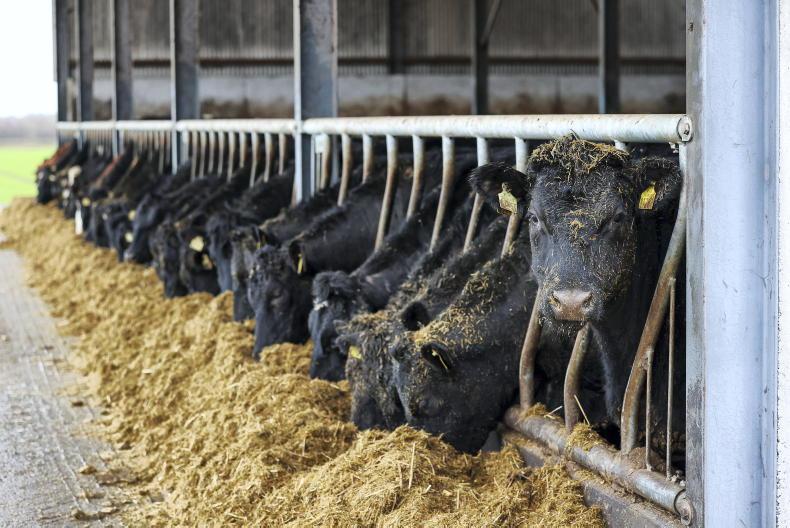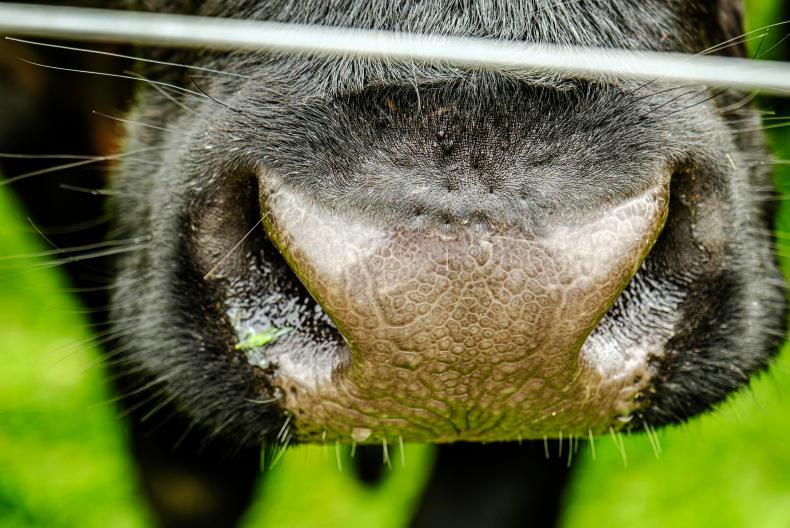Barack Obama has jetted off to Brussels for negotiations with European officials, as delays continue to halt talks on the Transatlantic Trade and Investment Partnership (TTIP). President Obama attended a summit in the Belgian capital yesterday (Wednesday).
The aim of the summit was to get agreement from both the US and the EU on the removal of all tariffs on bilateral trade. However, at the time of going to print, no announcement had been made in Brussels.
Officials from both sides met two weeks ago in an attempt to get movement on certain key issues, including agriculture. The US came away from the talks disappointed, as the EU failed to move on the issue of hormones in beef.
Negotiators on Capitol Hill were angered after EU trade commissioner Karel De Gucht strongly confirmed the EU’s stance on hormone treated beef and GMOs.
In a report released earlier this week, the European Commission reiterated their position that the US must comply with the EU standards.
“US import conditions should reflect the reality of the EU single entity and single market as well as the animal health management decisions adopted by the EU in due time and the existing provisions of international standardisation bodies,” the report states.
According to officials in the European Parliament, there are worries over the American support of Co-operatives Working Together (CWT) this side of the Atlantic.
The CWT is a private scheme for milk supply controls, including export refunds, which is aimed at supporting the US dairy sector.
As well as the CWT issue, there is growing frustration that GMOs and hormones will continue to halt the progression of talks despite the intervention of President Obama.
Officials familiar with the EU’s proposal have told Reuters that the European Union offered to lift 96% of existing import tariffs, retaining protection for just a few sensitive products such as beef, poultry and pork.
However, the US offer was not as high, according to EU trade chief Karel De Gucht, who declined to give details. Some media reports say the US level was 88%.
Conor Mulvihill, European affairs executive with ICOS in Brussels, said their work is focussing on protecting Irish interests in the negotiations. “We are positively engaging with the process in Dublin, Brussels and Washington as the only Irish accredited stakeholder with the commission briefing mechanism. We are fully aware that we have offensive and defensive interests for Irish agri co-ops, and we are working hard for the benefit of them,” he said.
The US Department of Agriculture’s Food Safety and Inspection Service (FSIS) has been accused of creating artificial road blocks in the process. At a meeting in Washington this week, the FSIS stated that it is insisting on the need to carry out audits in each of the member states that applies for reinstatement of their equivalents determination for beef. This is likely to considerably prolong the process by as much as six months, before EU countries that wish to export beef products to the US can actually do so.
A successful conclusion to the talks is not expected in 2014, despite both the EU and US hoping to finalise talks before the end of the year.








SHARING OPTIONS